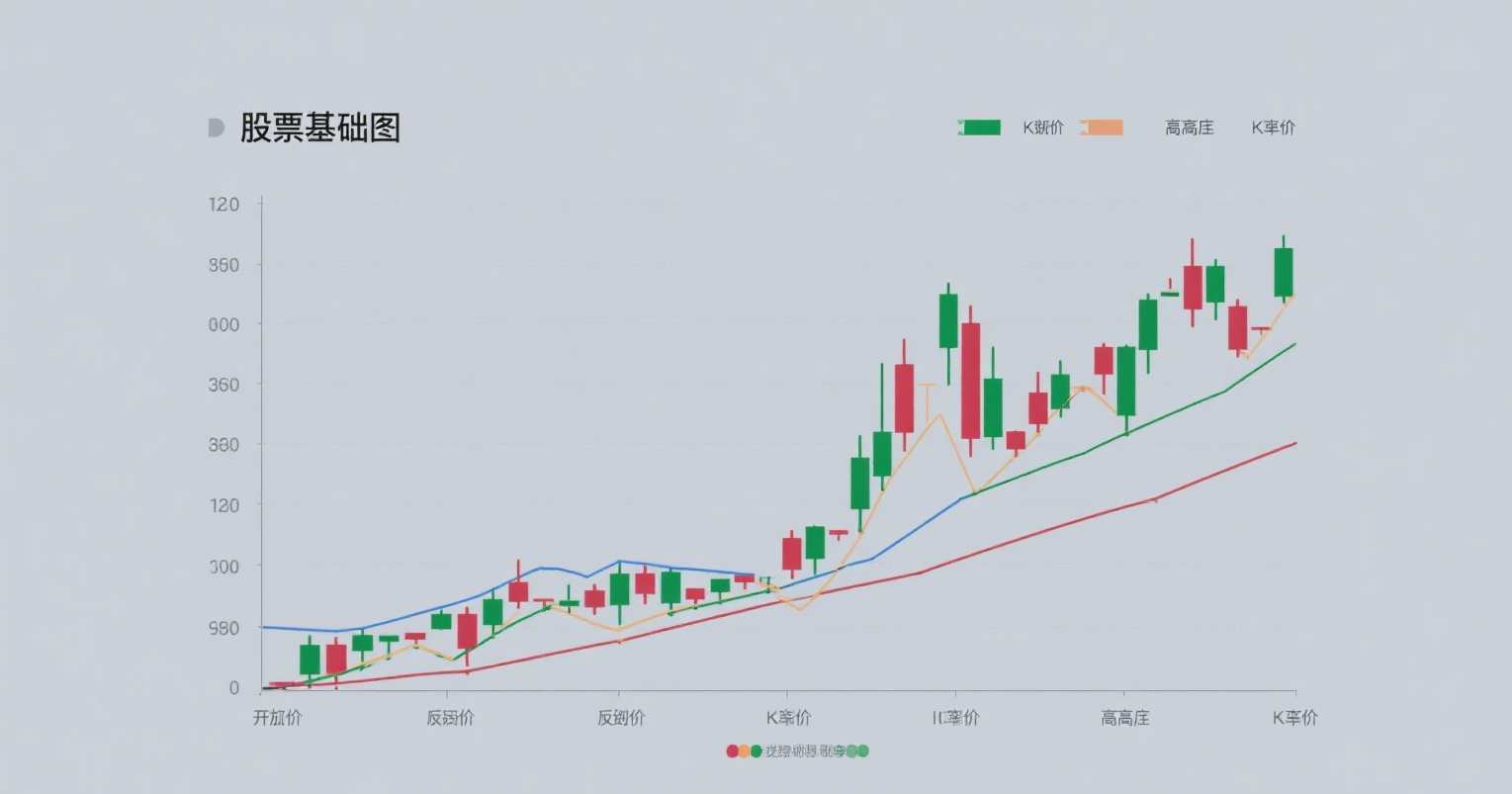
Focus on 6 Major Action Areas in Key Industries; Supporting Details for "AI+" to Be Released
Recently, reporters learned from the National Development and Reform Commission (NDRC) that, regarding the "Opinions on Deepening the Implementation of the 'AI+' Action" (hereinafter referred to as the "Opinions"), relevant departments will formulate and issue a series of supporting documents. Among them, specific implementation plans for "AI+" will be developed for the several key industry areas proposed under the 6 major actions in the "Opinions," further detailing the goals, tasks, key directions, and work measures for each industry. Standards will be accelerated hierarchically and by industry to promote the standardized development of corpus data, models, and agent protocols within and across sectors.
Zhang Kailin, Deputy Director of the High-Tech Department of the NDRC, stated that the "AI+" work involves broad fields, multiple participants, wide coverage, and deep impact, making coordination crucial. Next, in collaboration with industry authorities, efforts will be accelerated to promote the introduction of specialized implementation plans and supporting policies for various industries, forming a policy synergy to implement the "Opinions." At the same time, coordination will be strengthened in policy formulation, funding support, environment optimization, and risk supervision to foster faster acceleration and stronger resilience in industrial development.
Specifically, on one hand, specific implementation plans for "AI+" will be developed for the several key industry areas proposed under the 6 major actions in the "Opinions," further detailing the goals, tasks, key directions, and work measures for each industry. Simultaneously, policy guidelines will be formulated for "soft environment" aspects such as security governance, talent cultivation, and international cooperation, providing more specific and clear policy guidance for industry applications, clarifying directions, setting boundaries, and stimulating vitality. Additionally, standard development will be accelerated hierarchically and by industry to promote the standardized development and collaborative connectivity of corpus data, models, and agent protocols within and across sectors, thereby accelerating the multiplier effect of factor synergy through standard building.
While formulating and issuing supporting documents, relevant departments will also focus on major projects, leverage the guiding and driving role of government investment, and make full use of the "dual heavy" construction, "dual new" policies, central budget内 investment, local government special bonds, etc., to support AI development.
Regarding this, Zhang Kailin stated that the next steps will include strengthening foundational capabilities, continuously optimizing the layout of intelligent computing resources, and persistently issuing "AI vouchers" in areas such as computing power to reduce R&D and usage costs for innovation entities; building common technology platforms, establishing pilot application bases in key industry directions, and enhancing the aggregation of common and advantageous industry resources to lower technical application thresholds; deepening key scenario applications. For major strategic scenarios, joint efforts will be made to tackle bottlenecks and break through blockages, enhancing AI's ability to solve practical problems; promoting the普及 of smart terminals. Innovative consumption subsidy methods for AI terminals will be introduced to enable more user-friendly AI technology products to benefit the public.
















